A LANL statistician helps cosmologists and epidemiologists grasp their data and answer vital questions.

Planet-friendly plastics
A Los Alamos team applies machine learning to find environmentally benign plastics.

A split nanosecond
Sandia supercomputer simulations of atomic behavior under extreme conditions advances materials modeling.
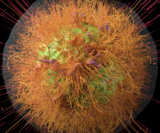
A colorful career
Argonne’s Joe Insley combines art and computer science to build intricate images and animations from supercomputer simulations.
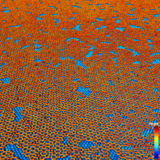
Mapping the metastable
An Argonne National Laboratory group uses supercomputers to model known and mysterious atomic arrangements, revealing useful properties.
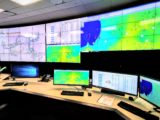
The human factor
A PNNL team works to improve AI and machine learning tools so that grid operators can feel confident using them.
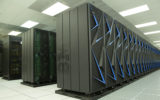
Simulation looped in
CogSim, a machine-learning approach modeled on the brain, coordinates simulations, experiments and data-analysis to yield results in fields from fusion energy to COVID-19.
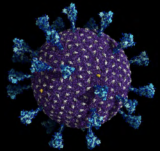
Decoding disease
A CSGF fellow doggedly applies computational models to COVID-19 and cancer.

Boxing in software
At Los Alamos, novel container software is accelerating innovative science while ensuring supercomputer reliability and uptime.
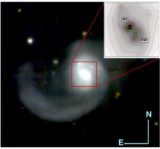

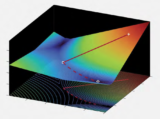
Optimized for discovery
A computational mathematician finds a national lab ideal for a highly collaborative career.
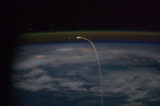
Happy returns
Sandia’s Humberto Silva III applies uncertainty quantification to model smooth atmospheric reentry from space.

Extreme 3D
Argonne’s Advanced Photon Source upgrades to large-sample 3-D imaging beyond the depth of field – with assistance from high-performance computing.

Targeting tumors
Cancer biology gets the supercomputing treatment on Oak Ridge’s Summit and Lawrence Livermore’s Sierra.
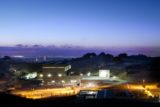
Super-connected HPC
The superfacility concept links high-performance computing capabilities across multiple scientific locations for scientists in a range of disciplines.
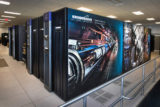
Turbocharging data
Pairing large-scale experiments with high-performance computing can reduce data processing time from several hours to minutes.
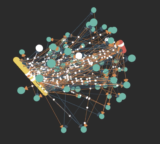
Borrowing from the brain
Nature inspires Oak Ridge National Laboratory algorithms for neuromorphic processors.

A quantum bridge
Sandia National Laboratories researchers seek to connect quantum and classical calculations in a drive for a new supercomputer paradigm.

Banishing blackouts
An Argonne researcher upgrades supercomputer optimization algorithms to boost reliability and resilience in U.S. power systems.
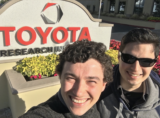
Luck and learning
Friends – and computational science fellows – team up with Toyota and Berkeley Lab, combining serendipity and machine learning in a search for sustainable-energy materials.
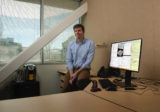
Scaling up metadata
A Los Alamos National Laboratory and Carnegie Mellon University exascale file system helps scientists sort through enormous amounts of records and data to accelerate discoveries.

Pandemic view – plus privacy
A fellow helps guide an international volunteer effort to develop COVID Watch, a mobile telephone application that prioritizes privacy.

Beyond the tunnel
Stanford-led team turns to Argonne’s Mira to fine-tune a computational route around aircraft wind-tunnel testing.

Efficiency surge
A DOE CSGF recipient at the University of Texas took on a hurricane-flooding simulation and blew away limits on its performance.





